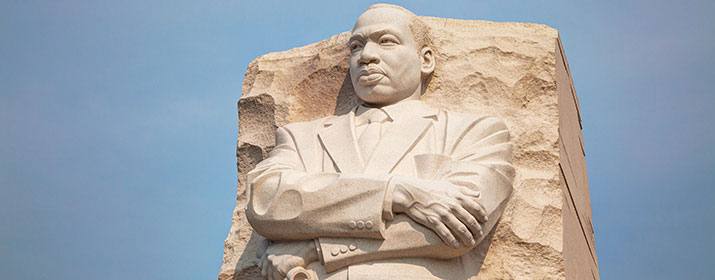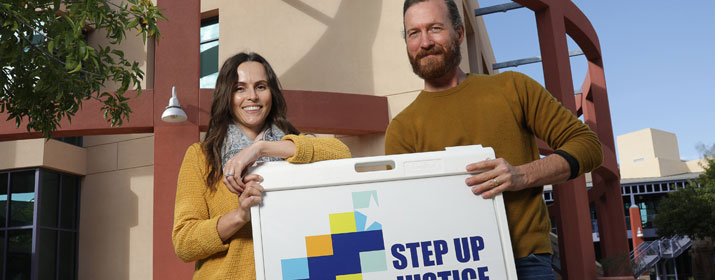
A team of ������Ƶ employees is using innovative approaches to help low-income customers find financial support and more closely manage their utility bills.
������Ƶ’s low-income task force, which includes employees from multiple departments, started meeting a little more than a year ago. Although ������Ƶ has long offered discounts and other programs to help low-income customers, employees sought to do more.
“The pandemic highlighted that we needed even more coordination and creative ideas to help our most vulnerable customers,” said Denise Richerson, Director of Customer Services and Programs.
������Ƶ’s major forms of assistance for low-income customers include:
- monthly bill discounts available through our Lifeline program
- �ڰ������home weatherization assistance
- partnerships with local agencies to offer emergency bill payment assistance to customers through the federal and the statewide Home Energy Assistance Fund, administered by . Bill payment assistance is provided from government funding as well as contributions from ������Ƶ and our customers.
The task force has worked to inform local agencies about ������Ƶ’s assistance efforts residents while communicating with customers directly about available support.
For example, ������Ƶ added home energy efficiency kits to up to 14,000 food boxes distributed this year by local food banks. Each kit includes a low-flow showerhead, kitchen and bathroom faucet aerators, a night light, LED lightbulbs and information about ������Ƶ’s energy efficiency programs – all of which help customers conserve energy and save money. They also include contact information for local agencies that offer direct financial assistance.
The task force also works with the Arizona Department of Economic Security (DES) to provide $36 million in federal funding to help eligible renters pay their overdue natural gas and electric bills. Customers can visit ������Ƶ’s website or call ������Ƶ’s Customer Care team at 520-623-7711 to find out if they qualify for federal assistance.
Other low-income outreach efforts include:
- Bill inserts and social media posts promoting ������Ƶ’s payment plans, due-date extensions and low-income programs, as well as rental assistance funding available from DES. A member of ������Ƶ’s Customer Care team also recorded an informational video in and about ������Ƶ’s Lifeline bill discount program.
- Adding low-income assistance information to food boxes distributed in July by the Community Food Bank of Southern Arizona. More than 180 new applications for assistance came in that month, attributed in large part to this outreach.
- Educating local houses of worship about ������Ƶ’s low-income programs and partnerships.
- Joining with other Arizona utilities to promote the Safety Net program, in which customers can designate family members or friends to help them remember when electric bills are due.
Our Customer Care representatives take extra time helping those who need assistance applying for discounts, signing up for ������Ƶ programs and seeking financial assistance from local government and nonprofit agencies.
“Some of our customers have a hard time walking through the red tape, so we try to help them with that. A customer who needs help with their utility bills might also need help with rental assistance or food security, so we’ll reach out to agencies to say, ‘We have a customer who needs help. Is there a way we can work with you?’” Richerson said. “Our employees are passionate about helping others.”
This outreach has significantly increased the assistance provided to our customers. By Sept. 15, our customers had secured about $6.8 million in bill payment assistance this year, more than doubling the annual average.






